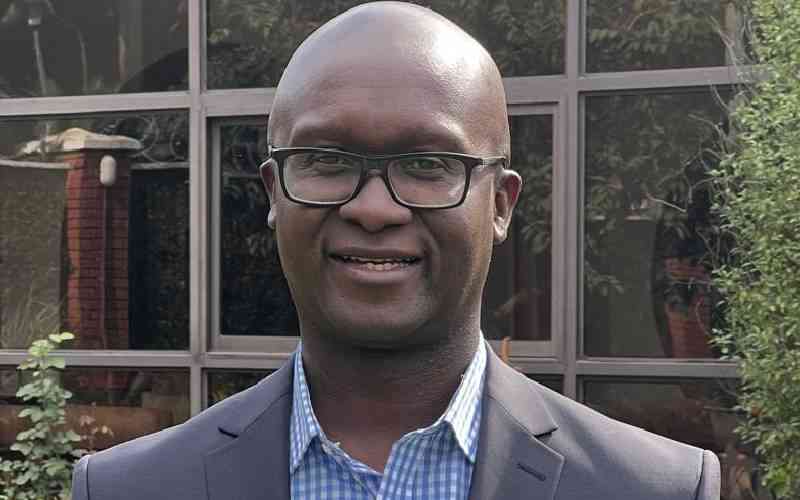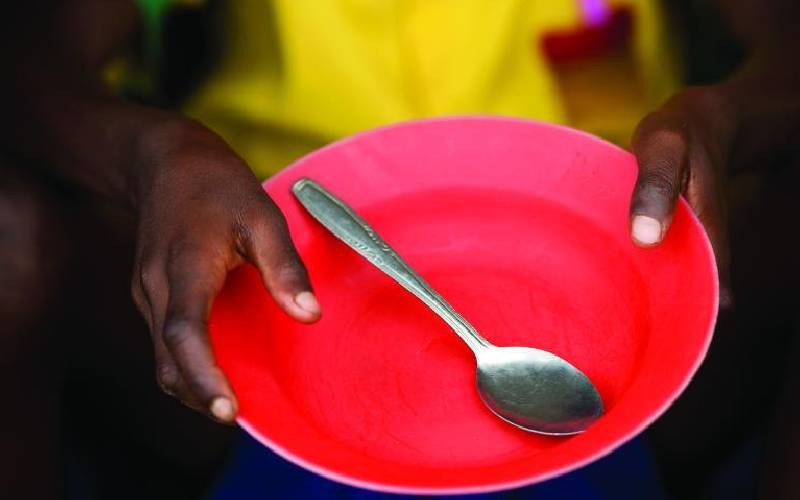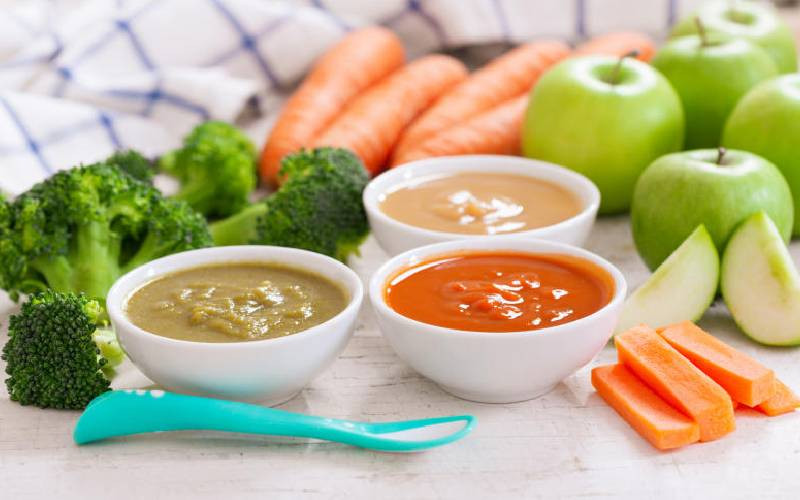 |
|
Fish eggs |
In So It Goes, a book containing a collection of Edward Rodwell’s articles published in The Standard for a period spanning 60 years, he makes some interesting observations about the uses put to various parts of a dead cow and the source of some delicacies we enjoy in high-end restaurants.
The hooves, he says, are boiled to produce tallow, a substance used to produce glue and soles for shoes, while the stomach lining of day-old calves is used in making cheese.
The flesh is what appears on your pricey dinner plate as tender veal. Caviar, an epicurean delight that only graces the dinner plates of the choosy super-rich, is derived from the eggs of salmon.
I have no problems about glue or shoes’ soles being sourced from whatever quarter and also did not give much thought to caviar when I read these nuggets of information, considering it unlikely that I would ever get the opportunity to taste it.
In any case, the idea of fish eggs as human food was simply revolting.
But when I thought of all the cheese burgers and other cheese derivatives such as meat pies I had consumed over the years, my stomach did a violent somersault.
Where I come from, nobody would think of eating the slimy stomach contents or flesh of day-old calves; they are either buried or fed to the dogs. None of this is surprising; after all they say that one man’s meat is another’s poison. I have friends from the West who recoil at the thought of eating the innards of goats and cattle which are used to make mutura, a finger-licking delicacy in my part of the world.
Then there is the case of my Australian guest who could not hide his disgust when I offered him a seething plate of live white termites.
Little did I know that the day I would have my first bite of caviar, I would be totally unaware of what I was eating. This is how it came about. After an evening out with friends in the city centre, I found myself on Koinange Street outside Allan Bobbe’s Bistro.
This was an establishment I would normally not think of so much as entering.
I had a bit of money on me and was feeling adventurous and so decided to find out how the moneyed part of Nairobi dined.
Looking out of place and without a reservation, a rickety table was cobbled for me at a draughty place near the entrance and I proceeded to enjoy my meal without incident.
Still, I was at the time editing a rather well regarded daily column and feeling put down about the rickety table, draughty corner and what I considered supercilious treatment by the waiters, I wrote an acerbic piece about the incident. When the item was published, I received a witty fax message from old man Allan Bobbe himself with an invitation to an expensive dinner on the house.
I had inadvertently gained a valuable and often hilarious contributor to Off The Wall and entrée to regular haute cuisine dining, free of charge.
When the bistro was celebrating its 50th anniversary in Nairobi I was on an exclusive list of guests who included a bunch of elderly whites from secluded colonial relics like Naivasha and Laikipia.
Their manner of dress and speech were a throwback to the days when the original Lord Delamere used to get roaring drunk and shoot out the lights at the Norfolk Hotel. The curious manner they looked at me whenever they thought I was not seeing them suggested people who were not used to socialising with the likes of me.
Stay informed. Subscribe to our newsletter
I did not allow this to unduly bother me though and tucked into the exotic foods and imbibed the strange wines with enthusiasm. After repeatedly helping myself to particularly tasty contents of a proffered tray of hors d’oeuvre, I inquired from the waitstaff what it was. “Caviar,” he said.
I could not make my way to the washrooms fast enough.
 The Standard Group Plc is a
multi-media organization with investments in media platforms spanning newspaper
print operations, television, radio broadcasting, digital and online services. The
Standard Group is recognized as a leading multi-media house in Kenya with a key
influence in matters of national and international interest.
The Standard Group Plc is a
multi-media organization with investments in media platforms spanning newspaper
print operations, television, radio broadcasting, digital and online services. The
Standard Group is recognized as a leading multi-media house in Kenya with a key
influence in matters of national and international interest.
 The Standard Group Plc is a
multi-media organization with investments in media platforms spanning newspaper
print operations, television, radio broadcasting, digital and online services. The
Standard Group is recognized as a leading multi-media house in Kenya with a key
influence in matters of national and international interest.
The Standard Group Plc is a
multi-media organization with investments in media platforms spanning newspaper
print operations, television, radio broadcasting, digital and online services. The
Standard Group is recognized as a leading multi-media house in Kenya with a key
influence in matters of national and international interest.









